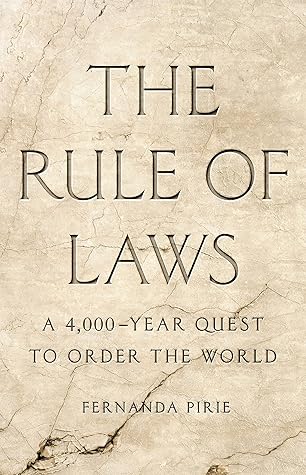In the early seventeenth century, James I, less politically astute than his predecessor, claimed that the king was the source of all law, that he owned it, and that he had the right to define, regulate, and administer it. Neither Parliament nor the king’s judges could accept these claims, and even James’s chancellors, Lord Ellesmere and Sir Francis Bacon, argued that the king’s legal powers ultimately derived from the common law.
Welcome back. Just a moment while we sign you in to your Goodreads account.


